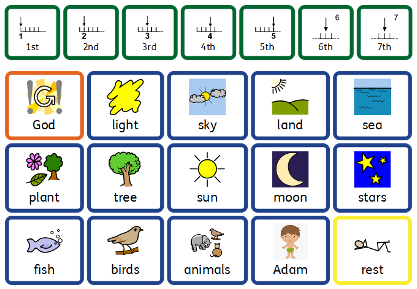I finished my Theology degree intending to live with my parents whilst volunteering for a Student charity. But under encouragement from my dad, who said I would not be able to live there rent-free after all- I went back to the other end of the country to do a PGCE in Religious Studies. I enjoyed the course, learning about how children learn as well as delving into World Religions in a way that I never could in my Judeo-Christian focused undergrad course. I got stuck into the lesson plans and assignments but didn’t feel it was the career for me.
It was when I started my second teaching placement that my attitude to teaching, and specifically the teaching of Religious Studies had a seismic shift. My placement school felt worlds away from the campus-style city of Durham. I’d spent three years studying in County Durham but it wasn’t until I got out into the schools that I felt like I was starting to know the area.
I had the introductory tour of the school and witnessed behaviours more challenging than I had ever seen- and saw teachers deal with their classes with such confidence that I thought I’d never achieve as a young, ‘soft southerner’. The kids were never shy of telling you of the hardships their families faced, or how low their expectations were. Openly telling me that they had two choices when they left school- either to work in the factory at the end of the road or go on the dole. “Most of these kids have never been into Newcastle or Durham- never mind down to London!” I was warned in the staffroom. How were my Martin Luther King or 5 Pillars of Islam lessons going to serve me here?
And then I met my new mentor- Paul Tyler. Larger than life and full of stories, I watched his lessons in awe. The kids were still cheeky and loud in his classes- but they were curious and inquisitive too. Paul had those typical behavioural systems, that I still use to this day, but he rarely used them- instead he turned disruptions into learning opportunities. He met the students as they were, where they were and invited them to join him in our lessons. Inappropriate comments were dealt with humour and brought expertly back to the topic at hand. No question was too silly or too stupid and every ability was included in the learning journey.
My absolute favourite lesson to teach, even now 16 years later, I first witnessed at the back of that classroom in Consett. It’s a guided story involving the whole class shipwrecked on an island, leading to discussions of religious authority, holy books, succession, translation and interpretations and much more.
Watching him run this with a class, I saw what engagement meant, every student in the room listening out for their name in the story, working out what was happening next, frowning as they came up with solutions to the problems the story posed. Over the years I’ve realised the skill involved with something that looks so easy- to know the students so well as to include the right ones, in exactly the right bit of the story. Paul showed me what it really means to include everyone in the room, it wasn’t enough just to know their names and use them- you had to really know the students themselves.
I was well and truly bitten by the teaching bug and smitten with being a Religious Studies teacher. If students who had every reason to not bother or care- were so engaged here by Paul- then I had to throw myself into the rest of the course and learn as much as I could from him.
He showed me his tricks for behaviour, planner management, lesson planning and resource management, but most importantly he trusted and encouraged me. Any lesson ideas I had, he told me to run with them and see how they went. With a very real and genuine interest in my life, he found ways for me to bring my passions into the classroom.
Paul had completed a Farmington Fellowship years before I met him, and 13 years after I qualified I applied to complete one myself. I stepped into the interview room, anxious and nervous that I had to convince them of the worth of my ideas- I saw his Fellowship Report on the shelf- on how to engage boys in Religious Studies- and smiled. Things had come full circle and I silently thanked him again, for changing my life.
